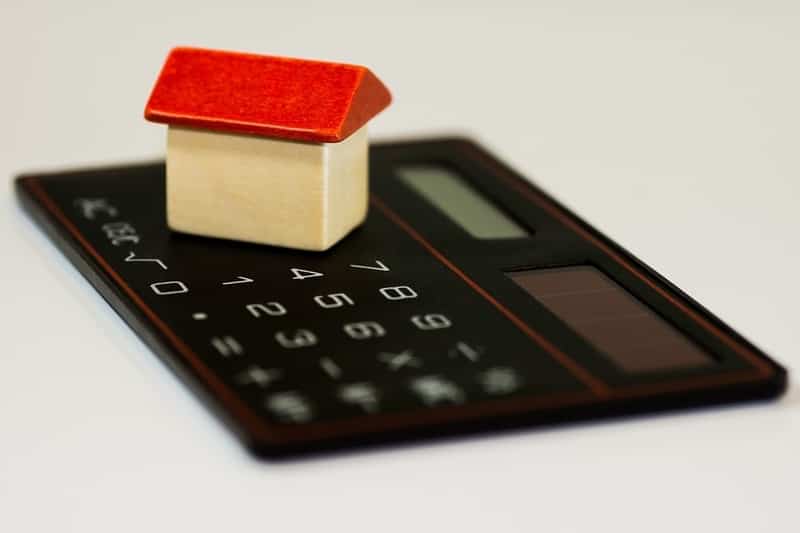A home equity loan, also usually called “a second mortgage,” provides the opportunity to borrow large sums of money to cover big expenses. It also allows you to consolidate debt by leveraging the available equity in your home. The home equity represents the difference between the appraised value of your home and the current balance on your mortgage.
There are lots of advantages of a home equity loan and ways it could benefit your finances. In this article we will present some of them:
Finance the Unexpected Expenses with Lower Rates
A home equity loan provides security in case of unforeseen circumstances if you don’t need the money quickly since a typical closing for a home equity loan can take 30 to 60 days. Still, using this loan to finance unexpected curveballs in life, such as different medical procedures, can provide many benefits. The big advantage of home equity loans is that they carry fixed interest rates that are, more often than not, credit cards or other unsecured consumer loans. Since your home serves as collateral, you will pay much less interest than an unsecured loan with no collateral.
Renovate Your Home With Tax Benefits
If the home equity loan was used specifically for home renovations, a tax deduction can be available for the interest you pay on that loan. This is the main reason that many homeowners get a home equity loan. These renovations include buying, building, or substantially improving your primary or secondary home.
Use Large Funds to Cover Expenses
Home equity loans can provide significant funds. Probably larger than any other sources, such as personal loans and credit cards. The amount of money you borrow is offered to you in one lump sum. This opens an opportunity to cover significant expenses. The loan amount is then paid back with regular monthly payments that go toward accrued interest and principal for the previously agreed-upon number of years.
Get Higher Loan Amounts and Improved Credit
Some homeowners use the equity in their home to consolidate outstanding credit card debt, therefore having a significant financial benefit in the form of a higher credit score. To strengthen their debt, they will take out a new loan (their home equity), and use it to pay off all outstanding debts. By doing this, that person’s credit score will be improved by increasing the total overall credit available, while at the same time decreasing their credit utilization. In other words, you can increase the credit available by using the home equity loan to reduce the amount of debt that you carry on your cards. The amount of money you owe on all your credit cards divided by the sum of all your limits is called “credit utilization ratio” or simply CUR. To improve your score, you have to leave your cards open after paying down the balances and make sure not to run them up again. The better the score, the more money you can borrow. A better score will also help you qualify for lower interest rates in the event you need to borrow again.
In conclusion, here is a piece of advice on how to close the borrowing loop. No matter what the debts are used for, always make sure that you can pay your home equity loan. You may want to consider paying off your loan sooner to reduce the amount of interest if that is something that your cash flow allows. You may also make additional payment in months that have an extra pay period, or pay a little more each month, which can make a big difference over a longer period of time. It is important to be aware of prepayment penalties which some lenders require.
By using it properly and taking into consideration all of the things and practices that we have discussed in this article, a home equity loan can be a great way to set your financial goals in the right direction.


